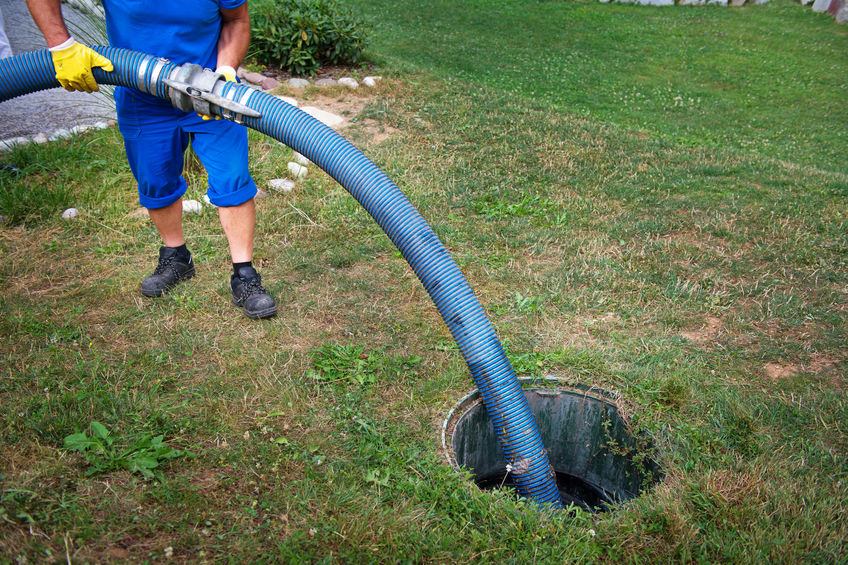
19
A septic tank is a vital component of a home's wastewater management system, responsible for treating and disposing of household sewage. However, when a septic tank backs up into the home system, it can lead to unpleasant odors, plumbing issues, and potential health hazards.
One of the primary reasons for septic tank backups is overloading the system. This occurs when there is an excessive amount of water entering the tank within a short period. Everyday activities such as doing multiple loads of laundry in a short time, taking long showers, or running the dishwasher frequently can overwhelm the septic tank's capacity. To prevent overloading, homeowners should be mindful of their water usage and implement water conservation practices.
Regular septic tank pumping is crucial for maintaining a healthy and functional system. Over time, solid waste accumulates in the tank, reducing its capacity and hindering proper wastewater treatment. Without routine pumping by a professional septic company, the tank can reach a point where it overflows, causing backups into the home. Homeowners should adhere to recommended pumping schedules to prevent these issues and ensure the longevity of their septic systems.
Septic tanks are not immune to wear and damage, especially in older systems. Cracks, leaks, or structural issues can compromise the tank's ability to contain and treat wastewater properly. Regular inspections by a qualified septic company can identify potential problems early on, allowing for timely septic tank repair. Ignoring signs of damage can lead to more significant issues, including backups into the home.
The proper installation of a septic tank is essential for its optimal function. If a septic tank is not installed correctly, it may not be able to handle the household's wastewater load. Improper installation can result in uneven settling, leaks, or insufficient treatment capacity, leading to backups. Homeowners should ensure that septic tank installation is carried out by experienced professionals to avoid these issues.
When faced with a septic tank backup, homeowners must take immediate action to prevent further damage and restore the functionality of the system.
In the event of a septic tank backup, it is crucial to contact Charlotte Septic Pros promptly. Our experts have the knowledge, tools, and experience to diagnose the cause of the backup and recommend the appropriate course of action, whether it's septic tank pumping, repair, or replacement.
Septic tank pumping is a fundamental maintenance task that removes accumulated solids from the tank, preventing backups and ensuring efficient wastewater treatment. Regular pumping not only extends the life of the septic system but also reduces the risk of backups and associated inconveniences.
In cases where the septic tank has sustained damage, timely repair is essential. Professional septic tank repair services can address issues such as cracks, leaks, or structural damage, restoring the tank's functionality and preventing further backups.
Understanding the causes of septic tank backups is key to maintaining a healthy and efficient wastewater management system. Homeowners should prioritize regular septic tank pumping, enlist professional septic company services for inspections and repairs, and ensure proper installation to prevent overloading and damage. By taking these proactive measures, homeowners can safeguard their homes from the inconvenience and potential health risks associated with septic tank backups.
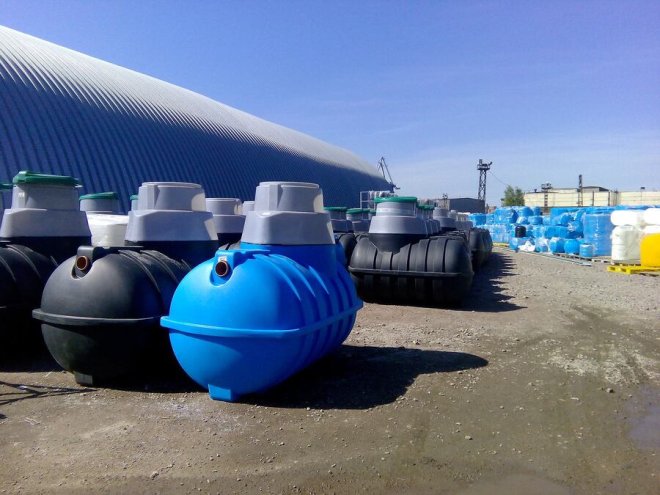
28
How to Prepare for Septic System Installation Installing a septic system is a major investment for any property that lacks…
Read more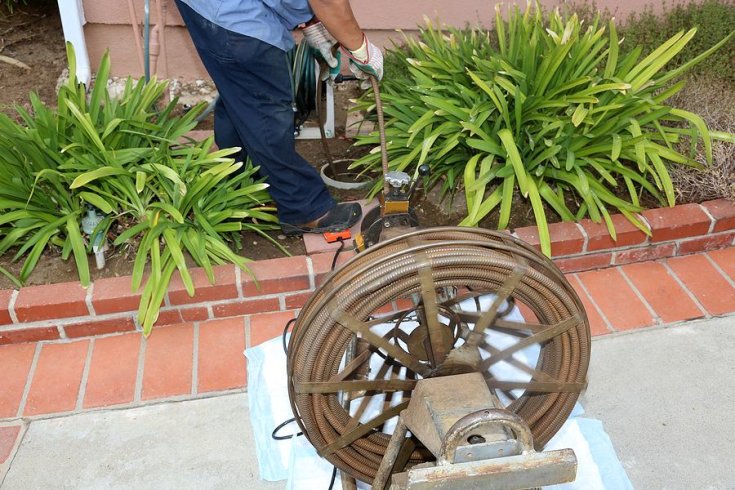
20
How Main Drain Cleaning Can Prevent Sewer Backups Sewer backups are one of the most unpleasant plumbing emergencies homeowners can…
Read more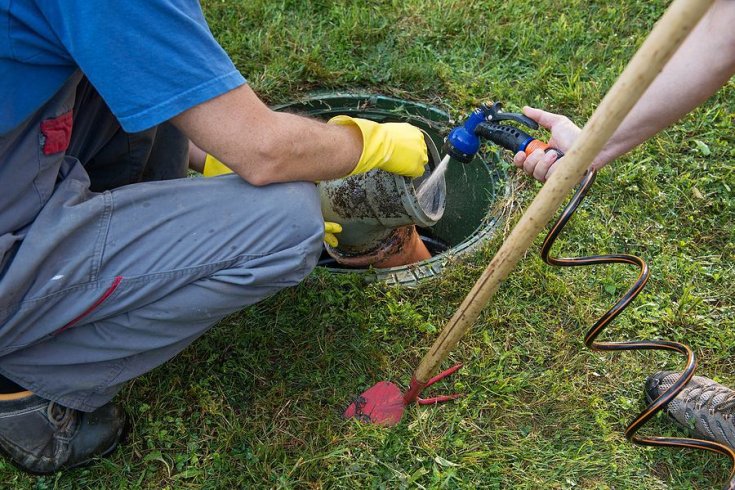
13
What to Do When You Have Drainage Problems Drainage problems can be frustrating and cause serious damage if left untreated.…
Read more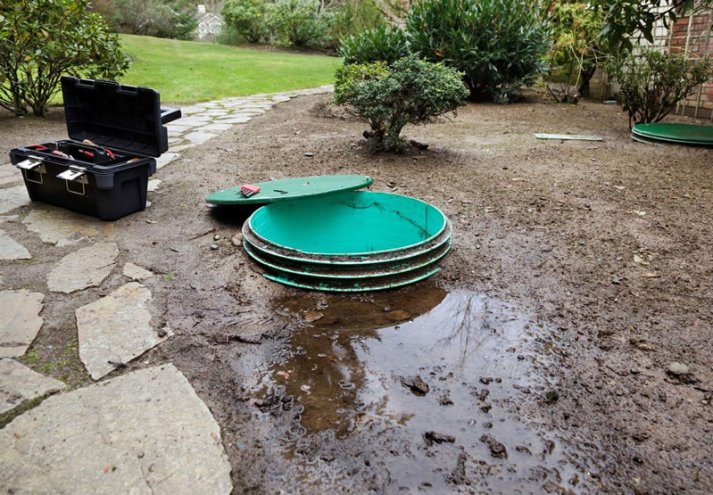
04
Signs and Causes of Septic Leaks A leaking septic system can pose serious health and environmental risks. If left untreated,…
Read more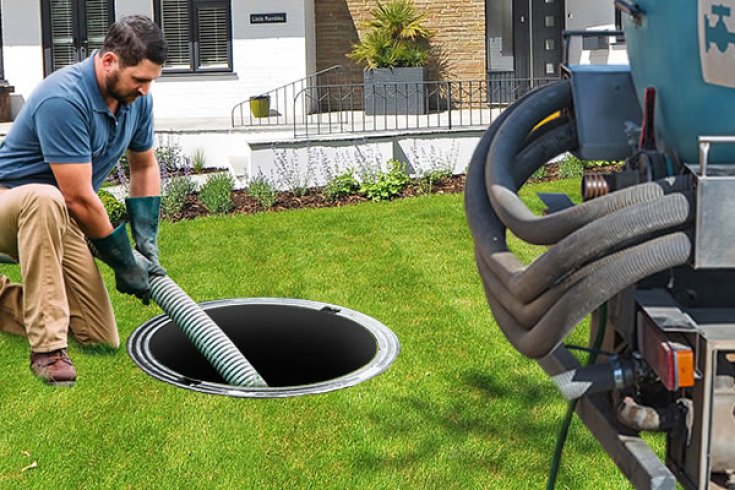
02
Unusual Septic Tank Blockages: Keeping Your Septic System Healthy A properly functioning septic system is crucial for any home or…
Read more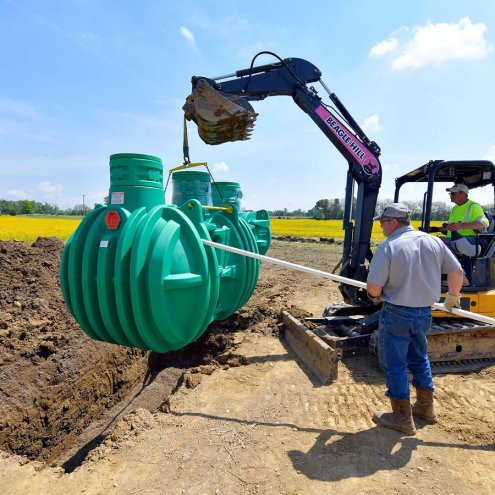
23
Seasonal Weather and Septic Systems Tank Your septic system plays a vital role in managing household wastewater, but seasonal weather…
Read more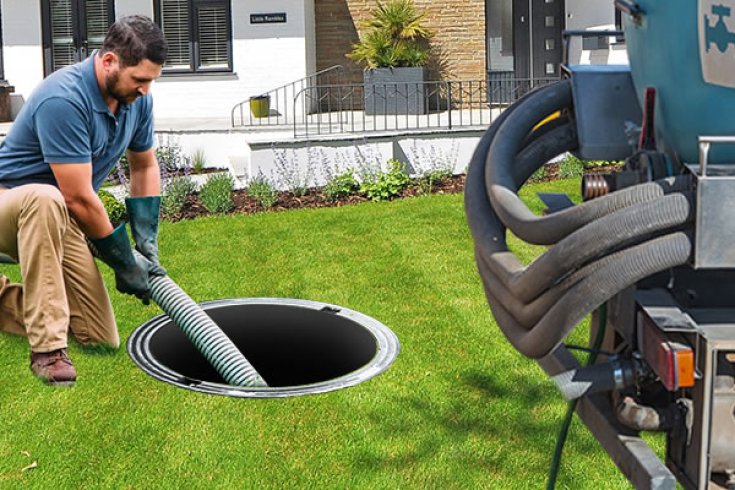
15
Why Toilet Paper Matters to Your Septic Tank Many homeowners don’t give much thought to their toilet paper—until it starts…
Read more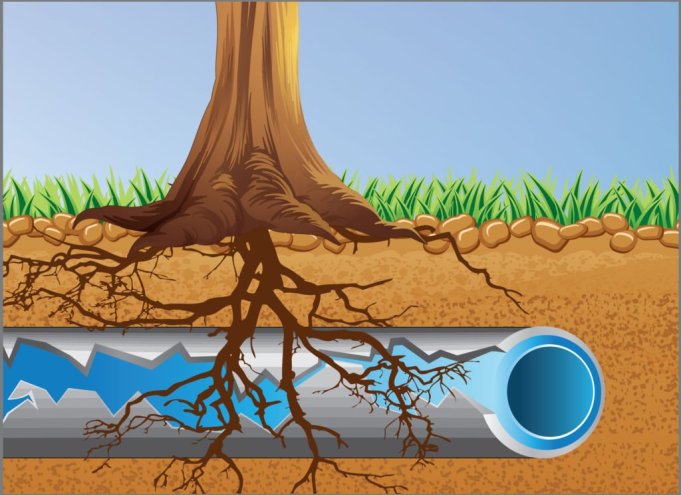
21
Tree Root Infiltration of Septic Systems We love the trees in our yards and in our environment. Just by looking…
Read more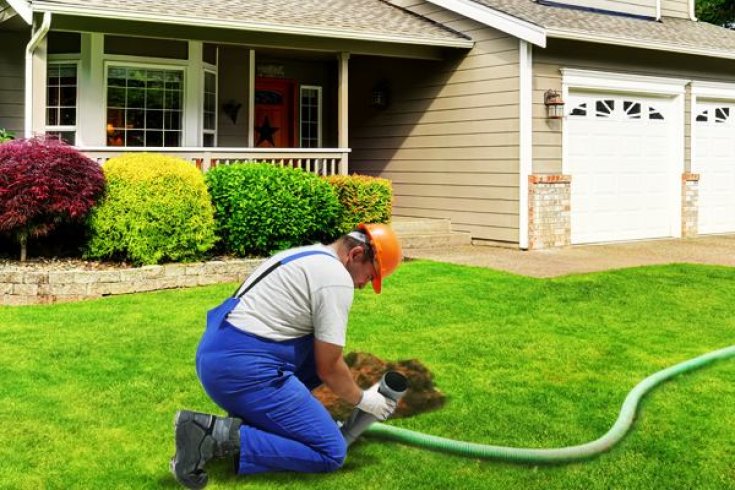
12
Preparing Your Pipes & Drains for the Winter With winter on the horizon, homeowners need to implement specific measures to…
Read more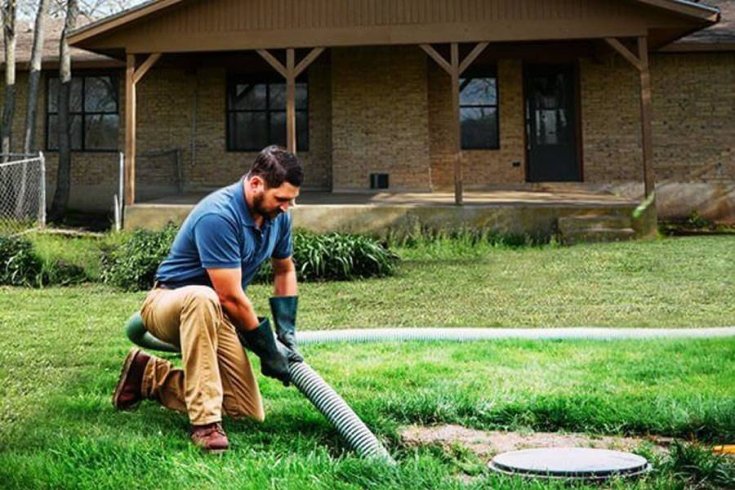
05
Buying a New Home? Invest in a Septic System Inspection When purchasing a new home, many buyers focus on visible…
Read more